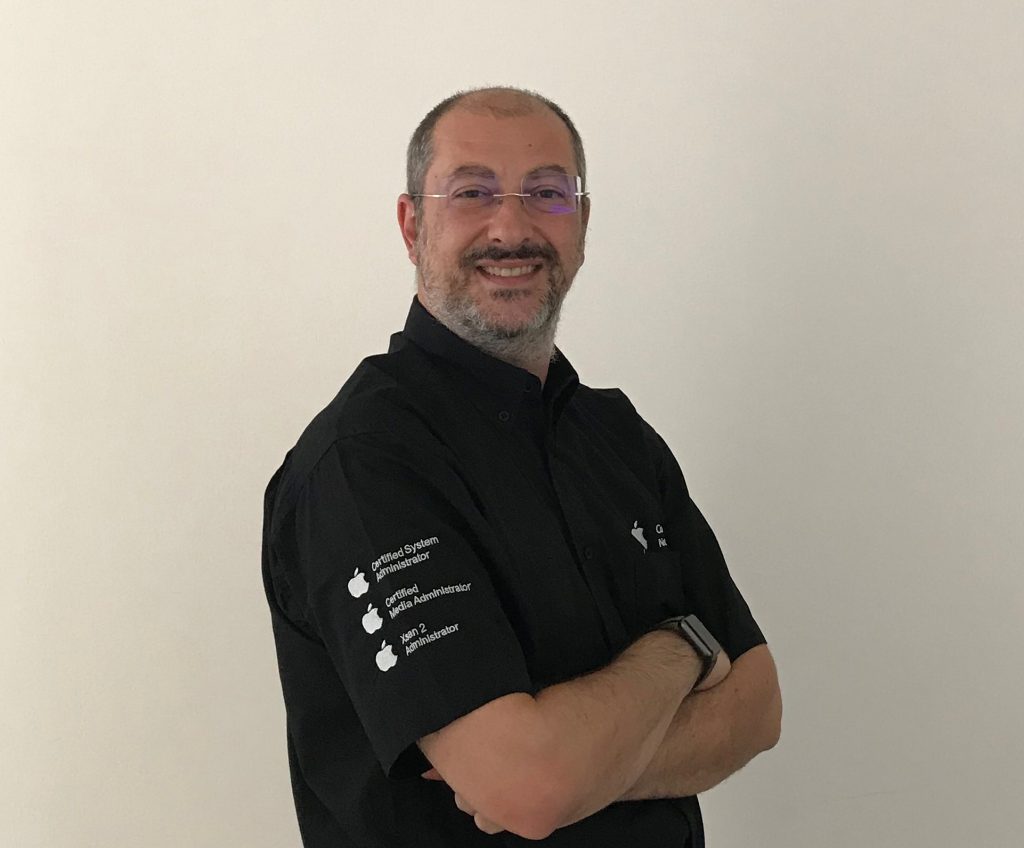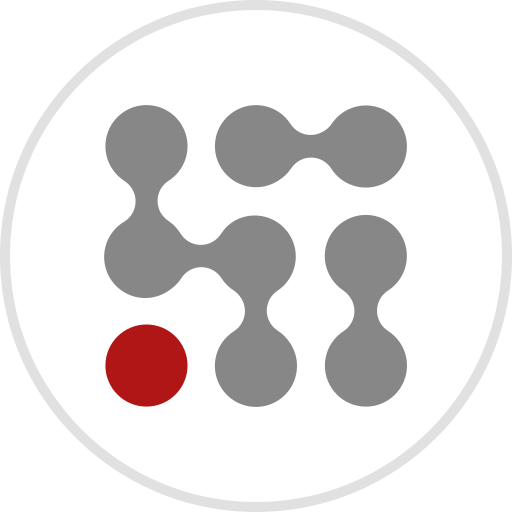Camping Europa Cavallino in Jesolo (Venice) has implemented Partitalia's 'Discovery Gate' RFID readers for access control.
David Risi, delegate of the campsite and partner of Risingtech, a company that takes care of the technical management of the campsite, talks about his experience with Partitalia's RFID readers.
Where did the need to install the “Discovery Gate” antennas in the Camping Europa Cavallino di Jesolo come from?
«The need to install RFID antennas at the campsite stems from the study of a system to control visitors entering and leaving and their direction of movement — whether the visitor enters or leaves the campsite. Another aspect was to provide security, with gates that do not need to be manned by a physical person and a computer system to manage access control».
Why did you choose the solution by Partitalia?
«Initially, we had installed products purchased on the international market. These products were not flexible and, in particular, did not perform well. At this point, we searched the Italian market and found a manufacturer, Sensor ID whose dealer in Milan is Partitalia. We contacted the dealer and explained our requirements. They allowed us to test the RFID antennas on site at no additional cost. Camping Europa Cavallino S.r.l. was therefore able to test the performance and efficiency of the proposed hardware, the reading speed and power in terms of reading distance. We had the opportunity to fully test the antenna, with very good results. So we decided to replace the unbranded antennas with Sensor ID ones. We have been a Sensor ID customer for the past four years».
What is the technological solution like?
«The technological solution is currently limited to access control. We use these antennas to read the RFID wristbands provided to our guests. With a system of several software programs working together in a single information system, we can monitor guests as they enter and leave, we can open and close the gates for vehicles or campers to enter or leave, we can manage and verify the flow of people at the campsite, thus yielding statistics on the type of movements made by our customers within the campsite, also divided by age group, gender and interests».
In which sector does Risingtech operate?
«Risingtech deals with high profile IT security and Wi-Fi networks for large spaces. It is a systems integrator and provides outsourced IT management services for many different clients. Risingtech is the IT Director for Camping Europa Cavallino S.r.l., so it not only manages technicians and the client, but stands in for the client with regard to technical decisions in creating any new services the client needs. Risingtech studies the customer’s request, presents one or more technical options and, if necessary, acts as technical director, hiring companies to physically carry out the work and configure all equipment according to the project presented to and approved by the customer. Risingtech integrates different systems, especially Macintosh, macOs, iOS and tvOS. Risingtech specialises and is certified in macOs and networking products, such as Microtik and VoIP.
The Camping Europa Cavallino hired Risingtech and gave Risingtech the technical management of the entire campsite: Risingtech has a budget that it can use to modernise, maintain and develop the customer's computer network. For some projects, Risingtech relies on third-party companies, which do programming, networking, structured cabling or electrical cabling. Risingtech is headquartered in Israel, as this country has the biggest development in new technologies, networking and especially computer security that can be found in the world today».
How does the software installed on the Sensor ID antennas work?
«Risingtech chose for Camping Europa Cavallino Srl the hardware production of Sensor ID, as far as RFID UHF antennas are concerned and, specifically on the long range, the "Discovery Gate" product; it found itself as a system integrator having to integrate this hardware within an already established software structure. The 'Discovery Gate' antennas have a real computer inside, in this case a Raspberry Pi, which allows us to programme anything on a System Unix language».


